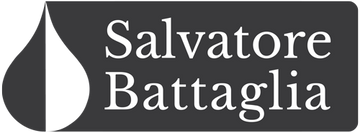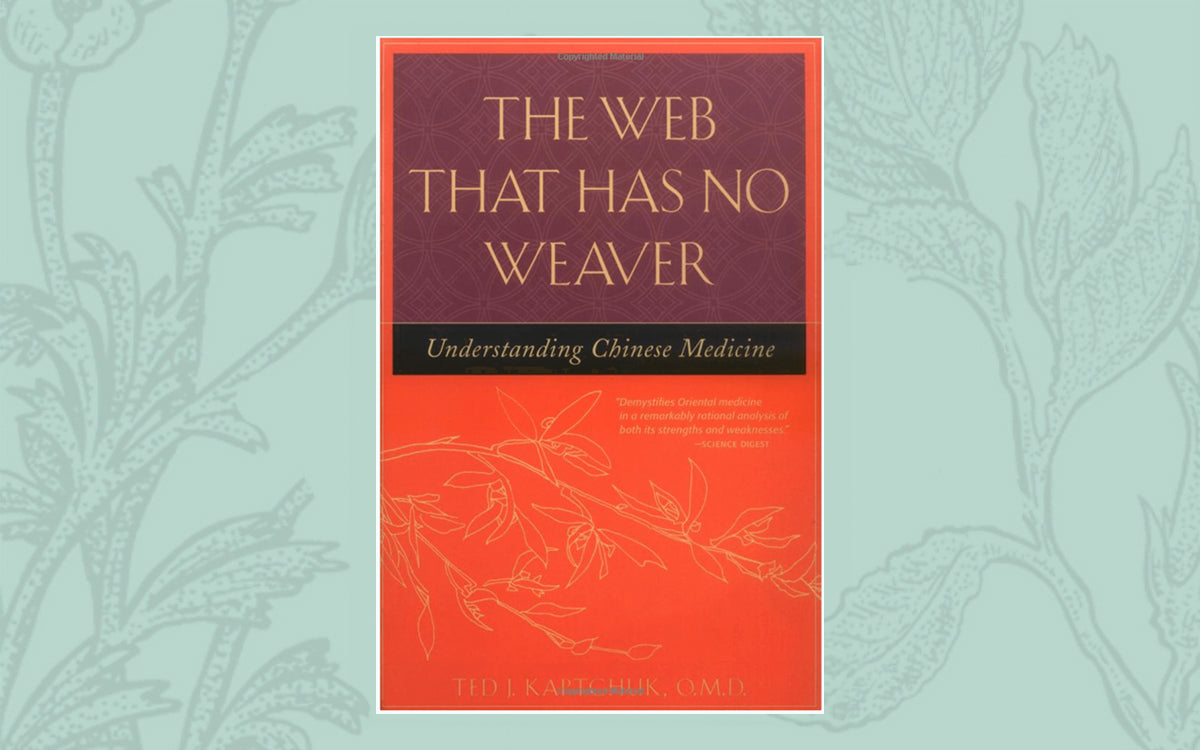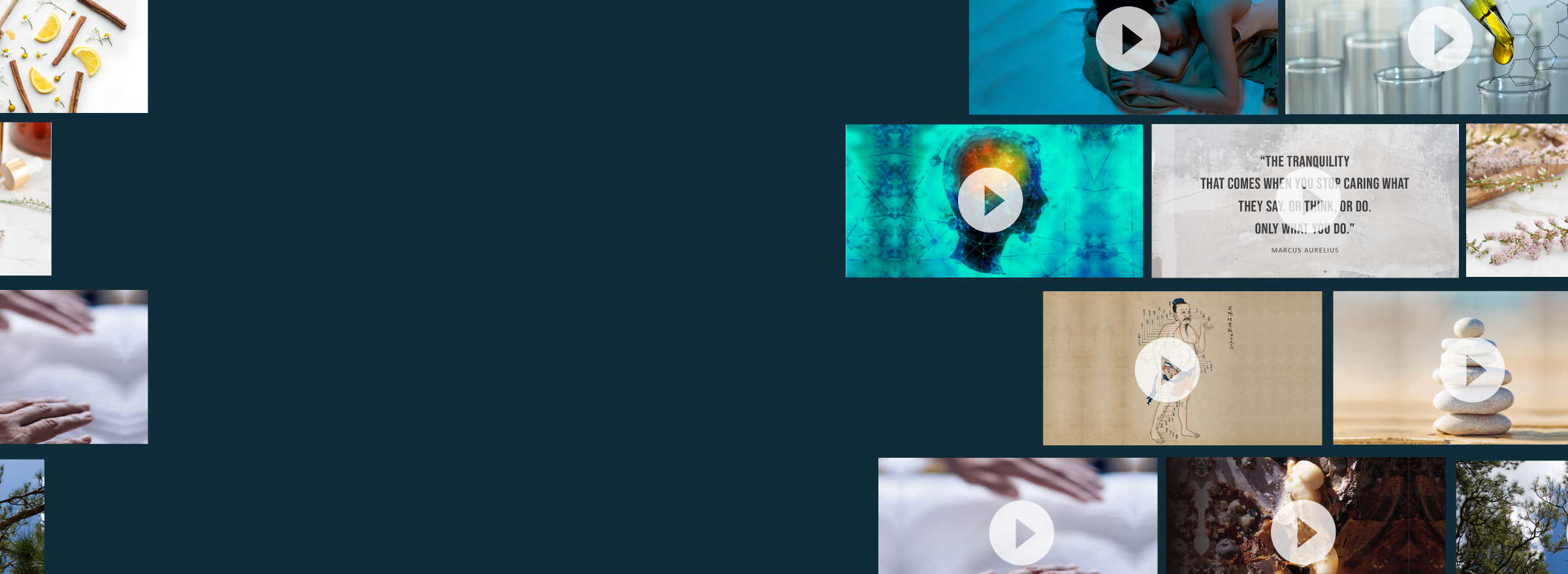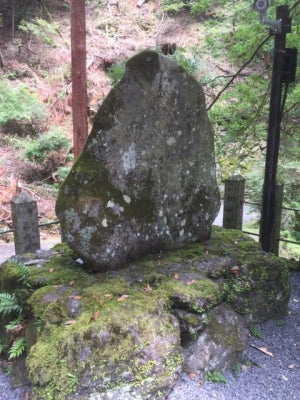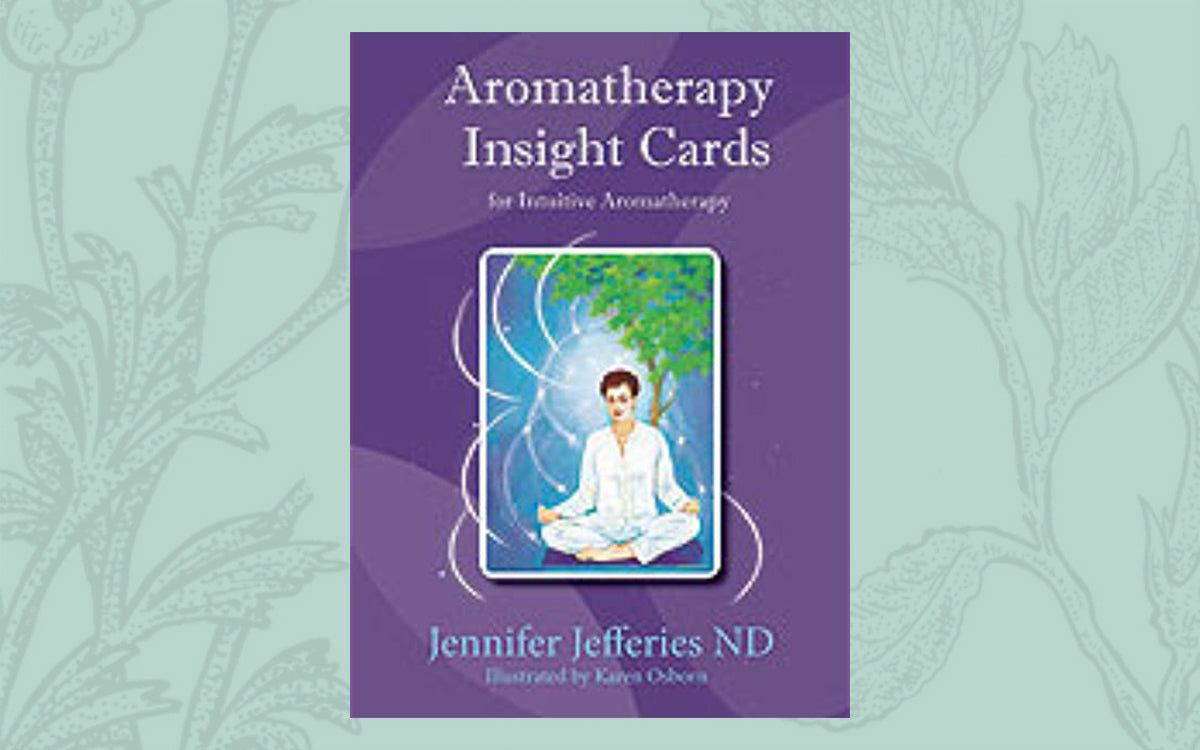I have always loved the title of this book. It perfectly expresses the theories that underpin traditional Chinese medicine (TCM).
In preparing for the Advanced Aromatherapy and TCM Masterclass in Melbourne last week I decided to dig out the first book I ever read about TCM. This was also used as my first-year textbook when I studied TCM.
The web that has no weaver: understanding Chinese medicine was written by Ted Kaptchuk back in 1983. After reading this book, I fell in love with TCM. Until this time I had been undecided – should I study remedial therapy, homeopathy, natural therapies or TCM. Aromatherapy was not an option to study back then.
For some reason I never read one of the final chapters, or maybe it just did not resonate with me at the time. However, reading it now in 2019 made me realise how insightful Ted Kaptchuk was in 1983. What he said back then is ever so important now:
The current turning away from biomedicine; however, cannot be explained solely on the basis of unrealistic expectations. It is more likely that many people have begun to see that too often biomedicine is simply not concerned with general wellbeing because it can only assess very small, discrete bits of information. Also it is rooted in a society whose routine processes not only provoke stress but contaminate the environment to such an extent that every new comfort may conceal a new threat to life. Our medicine parallels our society. New cures often produce side effects of unexpected virulence. Moreover, our central medical institution, the hospital, is structured like nothing so much as a health factory – a contradiction in terms. And probably most important, people feel that there is no place for their feelings, intentions, beliefs, and values in the biomedical perspective. Biomedicine often leaves the ‘person’ in the waiting room.
This statement clearly exposes the weaknesses and challenges of the Western medicine model of healing.
Kaptchuk also asks can a system of knowledge rooted in ‘metaphysics’ have anything to communicate to Western medicine? Western medicine has been very slow to embrace and is very reluctant to embrace any ‘metaphysical’ aspect of traditional therapies and while this continues, there will be no room for feelings, intentions, beliefs and values that Kaptchuk is referring to. There can be no true healing.
I am often asked, Sal do you have an essential oil for this condition or that condition. We are often looking for a simple quick fix. Kaptchuk warns us that people have always had inflated expectations about healing and the traditionally trained therapist can all too easily become the focus for those who hope for a cure-all or an infallible elixir.
Yes, this is why we must strive to maintain high standards of education for our profession to ensure that essential oils do not fall into that trap of becoming a cure-all or magical elixir.
Kaptchuk goes on to explain that TCM refuses to see a complaint or disease as separable from the rest of a person – the body, mind and spirit. This is what I love about TCM. I often incorporate TCM principles to aromatherapy. It helps me understand the holistic nature of essential oils and reveals the often simple but complex relationships between the physiological, the emotional and the subtle energetic effects of essential oils.
I would like to thank everyone that attended the Masterclass in Melbourne and I look forward to delivering the same Masterclass in Osaka, Japan on the 29 June 2019.
Best wishes
Sal
